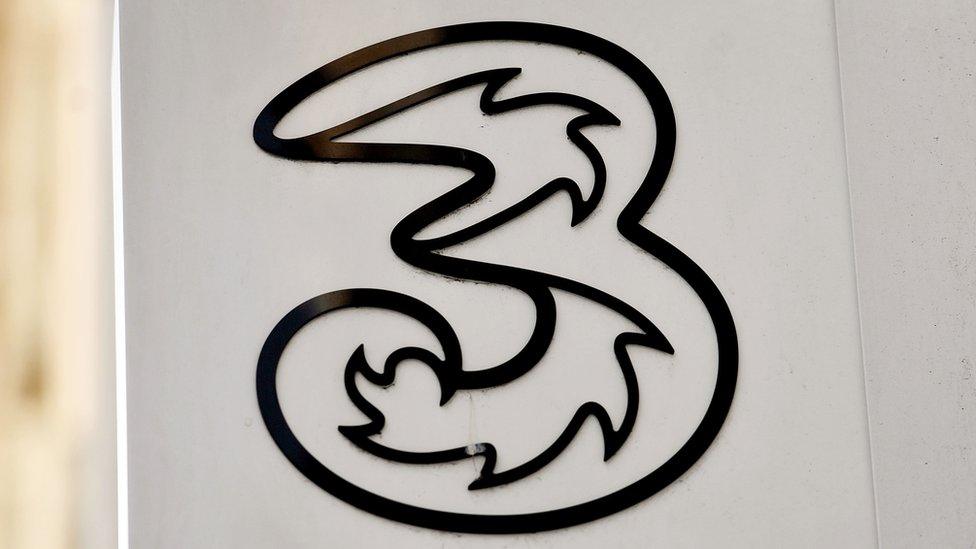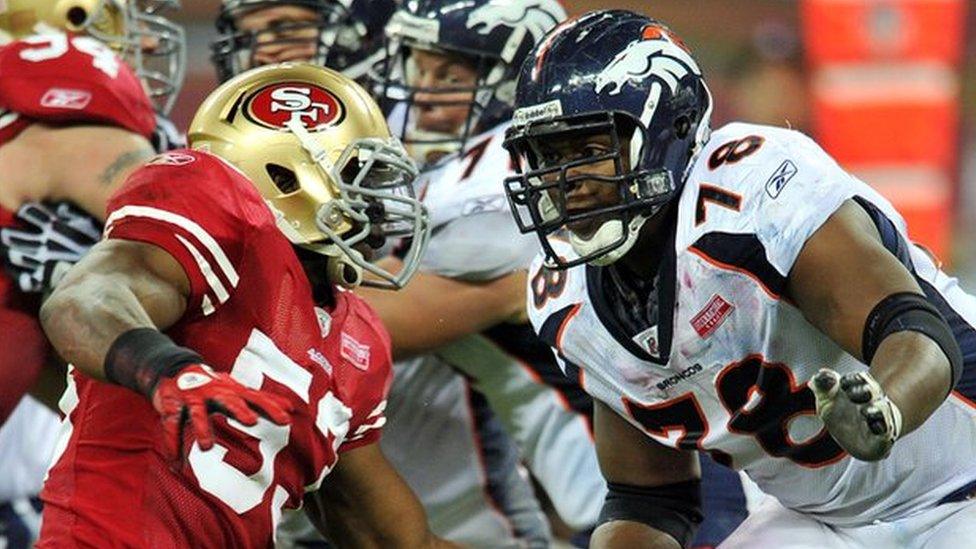Three criticised over plans for network-wide ad-blockers
- Published

Three's ad-blocker will be able to block 95% of banner and pop up ads, the firm said
Proposals by the mobile phone provider Three to offer ad-blockers could have a negative impact on internet access, an advertising body has warned.
The Internet Advertising Bureau (IAB) said blocking ads could lead to consumers "having to pay for content they currently get for free".
Three said the ad-blocker it is planning to use can block 95% of banner and pop-up ads.
The service will roll out "this year" but may not be free to use.
The mobile phone provider said its 8.8 million customers would be able to choose whether to activate the service, and Three told the BBC that it had not decided whether to charge a fee for it.
In a statement, the IAB said the proposal could impact the way web platforms are funded.
"The IAB believes that an ad-funded internet is essential in providing revenue to publishers so they can continue to make their content, services and applications widely available at little, or no cost," it said.
"We believe ad-blocking undermines this approach and could mean consumers have to pay for content they currently get for free."
Ad annoyance
Three explained that its aim was to improve its customers' experiences of receiving ads on mobile devices.
"Our objective... is not to eliminate mobile advertising, which is often interesting and beneficial to our customers, but to give customers more control, choice and greater transparency over what they receive," the firm said in a statement which announced its partnership with ad-blocker company Shine.
"Customers should not have to pay data charges because of advertising, mobile ads should not access handset data without explicit consent, and phone owners should only see advertising that is relevant and interesting to them rather than obtrusive and untargeted information," it added.
Advertising such as pre-roll video ads, sponsored articles and the in-feed promotions that appear inside social networks such as Twitter and Facebook will not be blocked.
"Irrelevant and excessive mobile ads annoy customers and affect their overall network experience," said chief marketing officer Tom Malleschitz.
"The industry has to work together to give customers mobile ads they want and benefit from."
- Published19 February 2016

- Published18 September 2015

- Published22 April 2015
